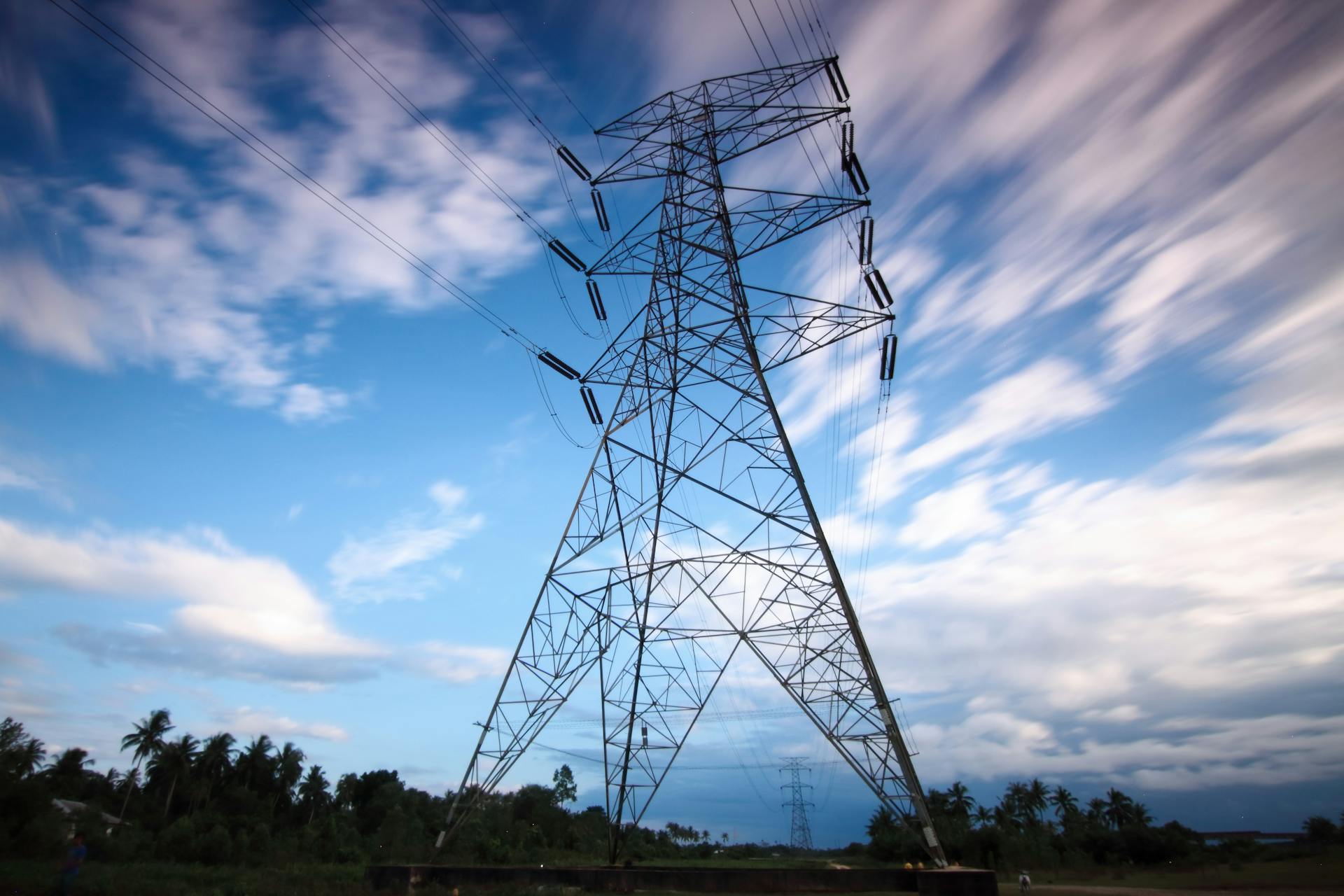This page was reviewed and updated on 11/07/25.
The UK government has confirmed it will not implement zonal electricity pricing, following a two-year consultation as part of the Review of Energy Market Arrangements (REMA). Instead, a single national wholesale electricity market will be retained, accompanied by a new package of reforms to improve system efficiency and attract investment in clean energy.
Zonal pricing would have meant electricity users paid different rates depending on where they lived, with areas closer to renewable energy generation, such as Scotland, seeing lower prices. Proponents argued the change could have lowered bills in areas rich in clean energy and encouraged businesses to locate near generation sites. However, critics warned it could create regional inequalities and deter investment.
Energy Secretary Ed Miliband said the decision aimed to support a “fairer, more affordable and secure” electricity system without jeopardising clean energy investment. “A reformed system of national pricing is the best way to deliver our clean power mission at less risk to investment than the alternatives,” he said.
The government now plans to take a more active role in energy system planning, including where clean infrastructure should be built, in line with long-term demand.
Industry responses have been mixed. Ofgem welcomed the certainty the decision provides for the sector. RenewableUK and SSE supported the move, citing policy clarity and reduced investor uncertainty. Others, like Octopus Energy, criticised the government for rejecting a pricing model used in many OECD countries, arguing the alternative lacks transparency and modelling.
The decision ends a long-running debate within the energy sector, with strong views on both sides. While zonal pricing was seen by some as a more efficient model, opponents warned of disruption, cost implications, and unintended consequences for consumers and industry.
The government says further reforms to support investment, planning, and grid efficiency will follow as part of its broader energy strategy.













